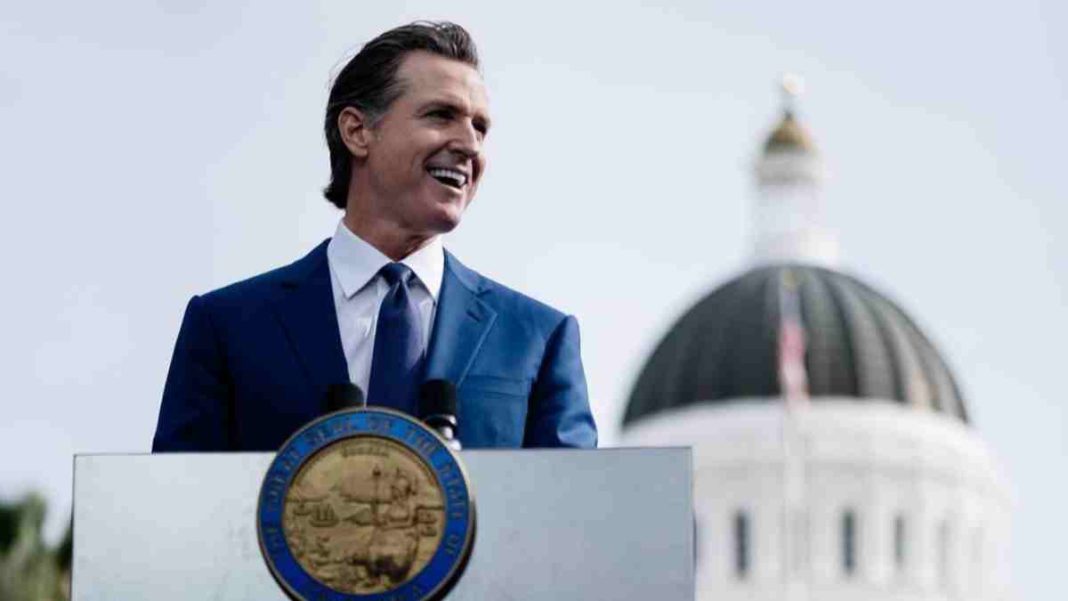UNITED STATES: On Saturday, California Governor Gavin Newsom vetoed a recently passed bill by the state legislature aimed at explicitly prohibiting caste discrimination, citing existing laws that already address ancestry discrimination, which made the new bill “unnecessary.”
If Newsom had signed Senate Bill 403, often known as SB 403, into law, California would have become the first state in history to outlaw caste discrimination outright.
Newsom’s veto is a major blow for activists who had been pushing for the legislation. While U.S. discrimination laws prohibit ancestry discrimination, they do not explicitly address the issue of casteism.
California’s legislation aimed to address the issue of caste discrimination within South Asian and Hindu immigrant communities by including caste as a protected category within the state’s existing anti-discrimination laws.
Democratic State Senator Aisha Wahab, an Afghan American, introduced and authored the bill back in March. It initially passed the state Senate in an earlier version before undergoing subsequent revisions.
The revised version of the bill, which included caste discrimination under the “ancestry” category rather than as a separate classification, received overwhelming support in California’s state assembly in late August and gained unanimous approval in the state Senate in early September.
The bill provided a definition of caste as “an individual’s perceived position in a system of social stratification based on inherited status.”
“Because discrimination based on caste is already prohibited under these existing categories, this bill is unnecessary,” Newsom wrote in a letter to California state senators that was published on the governor’s office website. “For this reason, I cannot sign this bill.”
Activists who are against caste discrimination argue that it is akin to other forms of discrimination, such as racism, and therefore should be legally prohibited.
On the other hand, opponents of the bill in California contended that existing U.S. laws already address ancestry discrimination, making such legislation redundant and potentially stigmatising entire communities, predominantly Hindus and South Asians, with a broad stroke.
Before Governor Newsom’s veto, there had been a growing momentum in North America to combat caste discrimination in recent months.
This year, Seattle achieved the distinction of becoming the first U.S. city to prohibit caste discrimination through a city council decision, while Toronto’s school board became the first in Canada to acknowledge the presence of caste discrimination within the city’s schools.
In California, just last month, Fresno joined the ranks as the second U.S. city to ban caste discrimination following a unanimous city council vote.
The issue holds significant importance for individuals of Indian descent and Hindus in the United States. With the increasing migration of Indians and South Asians to the U.S., particularly in California and Silicon Valley, several major technology companies in America have been compelled to address the issue of caste discrimination.
Many prominent U.S. technology companies are also led by individuals of Indian descent, including Sundar Pichai, the CEO of Alphabet (GOOGL.O), Satya Nadella, the CEO of Microsoft (MSFT.O), and Arvind Krishna, the CEO of IBM (IBM.N).
The caste system is one of the world’s oldest forms of rigid social hierarchy, with a history spanning thousands of years. It grants significant privileges to upper castes while suppressing lower castes. The Dalit community occupies the lowest tier of the Hindu caste system and has historically been treated as “untouchables.”
India banned caste discrimination more than seven decades ago, yet numerous studies in recent years indicate that bias persists. Research has revealed that individuals from lower castes are underrepresented in higher-paying positions.
Despite legal strides, Dalits in India still encounter widespread mistreatment, and their attempts at social advancement have sometimes faced violent resistance.
Debates surrounding the caste system, both in India and abroad, remain contentious and often intersect with matters of religion. Some argue that discrimination has become rare, especially beyond India’s borders. Indian government policies that reserve seats for lower-caste students in top Indian universities have facilitated many of them in securing tech jobs in the West in recent years.
Also Read: California Governor Vetoes Bill providing Unemployment Benefits to Strikers



